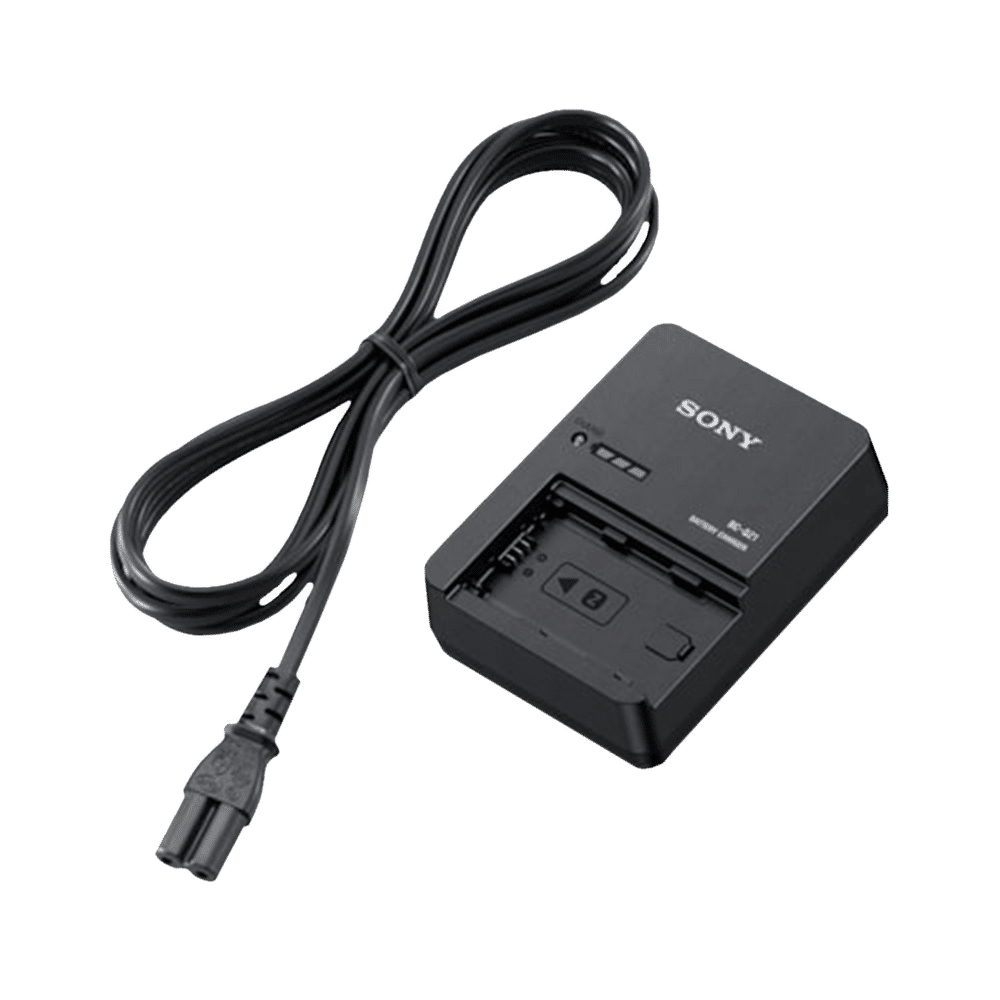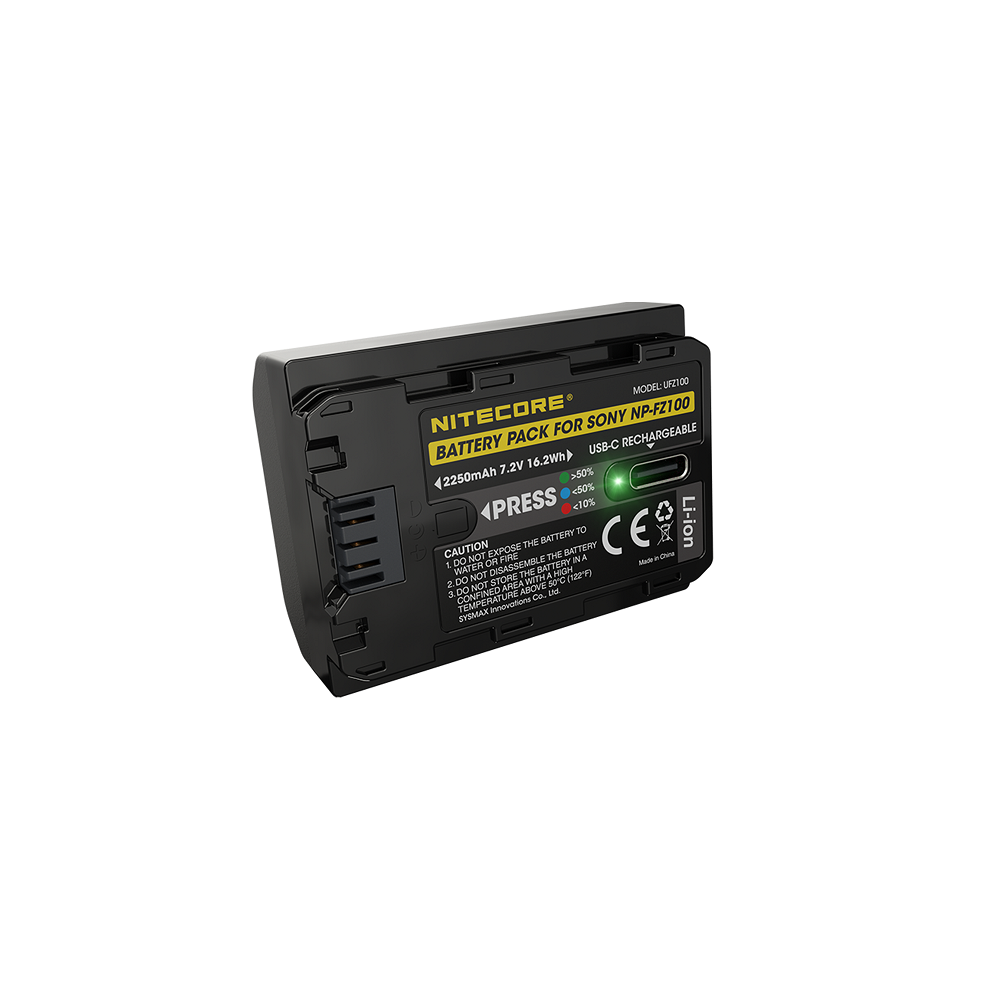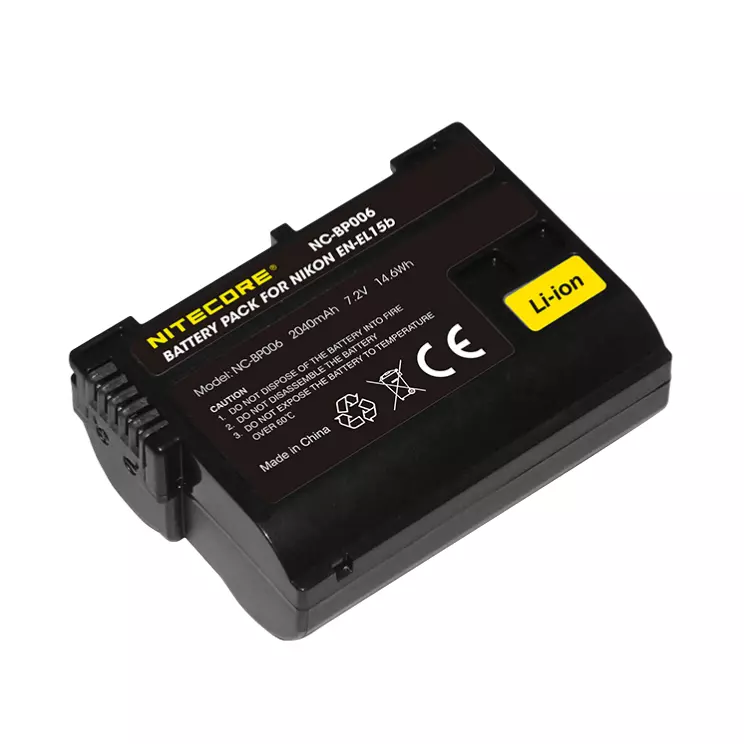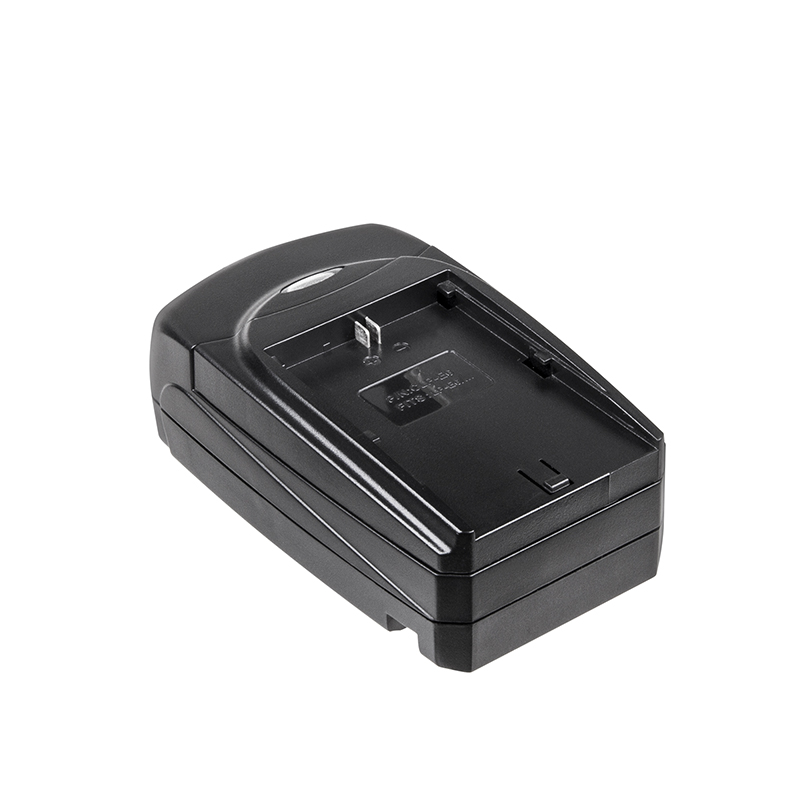A camcorder is an essential tool for videographers, hobbyists, and anyone who loves capturing moments on video. However, one of the most critical aspects of using a camcorder is maintaining its battery. A well-maintained battery ensures that you get the most out of your device while maximizing its lifespan. This article discusses effective tips for maintaining camcorder batteries, helping you avoid unplanned interruptions during recording sessions and ensuring you maximize your investment.
Understanding Camcorder batteries Types
Different Battery Types
Camcorders typically use two common types of batteries: lithium-ion (Li-ion) and nickel-metal hydride (NiMH). Understanding the differences between these battery types helps you choose the right maintenance practices. Lithium-ion batteries are more prevalent in modern camcorders due to their high energy density and lightweight design. They offer long-lasting power and a slow discharge rate, making them ideal for extended recording sessions.
On the other hand, nickel-metal hydride batteries are less common but still in use. They tend to be heavier and provide lower energy density compared to lithium-ion batteries. However, they are often less expensive. Understanding these differences allows you to tailor your care approach based on the specific battery type used in your camcorder.
Battery Components and Functionality
To appreciate the maintenance tips fully, it’s essential to understand the battery’s components. Camcorder batteries consists of electrode materials, electrolytes, and electrical contacts. When you charge the battery, chemical reactions occur within these components, allowing the battery to store energy. Proper care ensures these reactions work efficiently, extending the battery’s lifespan and performance.

Charging Practices
Follow Manufacturer Guidelines
Every camcorder comes with a user manual that provides specific instructions on charging its battery. Always follow these guidelines to ensure optimal charging practices. For example, manufacturers may recommend using the original charger that came with the camcorder since different chargers can change the charging speed and mode, potentially affecting battery longevity.
Avoid Overcharging
Overcharging occurs when a battery remains plugged in after it’s fully charged. This situation can damage lithium-ion batteries, leading to reduced capacity and lifespan. When charging, monitor the battery closely or use smart chargers that automatically shut off once the battery reaches its full charge. Many modern chargers come with this feature, eliminating the risk of overcharging.
Discharging and Storing
Optimal Discharge Levels
Knowing how to discharge your camcorder batteries properly is crucial for its longevity. Lithium-ion batteries do not suffer from the memory effect commonly associated with older NiCad batteries, meaning you can charge them at any time. However, it’s still a good idea to allow them to discharge to about 20-30% before recharging. Frequent full discharges can stress the battery and shorten its lifespan.
For NiMH batteries, on the other hand, discharging them fully occasionally can help recalibrate their performance. This process ensures you maximize the battery’s capacity over time. Understanding the optimal discharge level for your battery type will help you maintain its health effectively.
Proper Storage Techniques
If you need to store your camcorder and its battery for an extended period, proper storage is key. Always remove the battery from the camcorder before putting it away. Make sure to store the battery in a cool, dry place, ideally at around 50% charge. Extreme temperatures can adversely affect battery performance, so avoid leaving it in places like hot cars or cold garages. Placing batteries in a climate-controlled environment prolongs their lifespan and ensures reliability when you need them.

Regular Maintenance Checks
Inspect for Damage
Regularly check your camcorder batteries for signs of damage or wear. Look for any bulging, rusting, or leakage, as these physical changes can indicate potential failures. If you notice any of these issues, refrain from using the battery, as it may pose safety risks and could damage your camcorder.
Additionally, inspect the battery contacts for dirt or corrosion. Cleaning the contacts with a soft, dry cloth ensures a secure connection between the battery and camcorder. This practice contributes to efficient power transfer and helps maintain optimal battery performance.
Perform Diagnostic Tests
Some camcorders include built-in diagnostic features that display battery health and charge levels. Familiarize yourself with your camcorder’s functions and take advantage of these features. Running diagnostic tests allows you to monitor battery performance and identify potential issues early. Knowing when to replace your battery before it fails can prevent frustrating interruptions during recording sessions.
Utilizing Accessories
Battery Grip and External Chargers
Consider investing in accessories such as a battery grip or external charger. A battery grip allows for the use of multiple batteries simultaneously, providing extended recording time without needing constant recharges. Using external chargers enables you to charge one battery while using another, maximizing productivity during your filming sessions.
This dual-battery approach is especially helpful for professional videographers or those engaged in long recording events. It ensures that you’re never caught off guard by a dead battery, allowing you to focus on capturing your moments without unnecessary interruptions.
Smart Power Management Solutions
Some camcorders come equipped with smart power management features that optimize power consumption. This technology can help prolong recording time and minimize battery usage. Consider using these features to enhance your filming capabilities. Taking advantage of low-power modes or automatic power-off settings can also help conserve battery life.

Knowing When to Replace Your Battery
Signs of Deterioration
Even with the best maintenance practices, batteries do have a finite lifespan. Over time, you may notice reduced recording times, increased charging times, or the battery failing to hold a charge. Recognizing these signs early can save you the frustration of sudden battery failure.
If you find that your battery depletes rapidly or doesn’t last as long as it used to during recordings, it may be time for a replacement. Always opt for high-quality replacements from reputable manufacturers to ensure compatibility and performance. Avoid cheap knockoffs that may not function well or could damage your camcorder.
Keeping a Spare Battery
For avid videographers or those who frequently record events, keeping a spare battery on hand is wise. This strategy minimizes downtime and ensures you continue capturing moments without interruptions. Always maintain the spare battery properly to ensure it’s ready when you need it.
Environmental Factors
Respect Temperature Extremes
Your camcorder battery is sensitive to temperature extremes. High heat can accelerate battery wear and reduce its capacity, while extremely cold temperatures can temporarily decrease performance. Avoid exposing your camcorder and its battery to direct sunlight while filming, and be cautious when using it in freezing environments.
If you anticipate being in extreme conditions, consider investing in insulated carrying cases or protective gear to keep your equipment safe. When shifting between different environments, allow both the camcorder and the battery to acclimate to avoid condensation.
Humidity Control
High humidity can lead to condensation inside devices, potentially damaging electronic components. If you live in a humid area, consider using silica gel packs in your storage case to help absorb moisture. Maintaining a dry environment for your camcorder batteries is essential to prolong their lifespan and ensure they function correctly.
Conclusion
Maintaining your camcorder battery is essential both for enhancing your recording capabilities and prolonging the battery’s lifespan. By understanding the specifics of your battery type, adopting effective charging practices, and performing regular maintenance checks, you can ensure that it remains reliable and robust for all your video recording needs.
Whether you’re a professional videographer or a hobbyist, these guidelines will help you enjoy uninterrupted filming and lower the risk of sudden battery failures. Armed with proper knowledge and care techniques, you can maximize your camcorder battery’s lifespan, ensuring it serves you well for years to come. Enjoy capturing life’s moments, knowing your equipment is ready to perform at its best!
